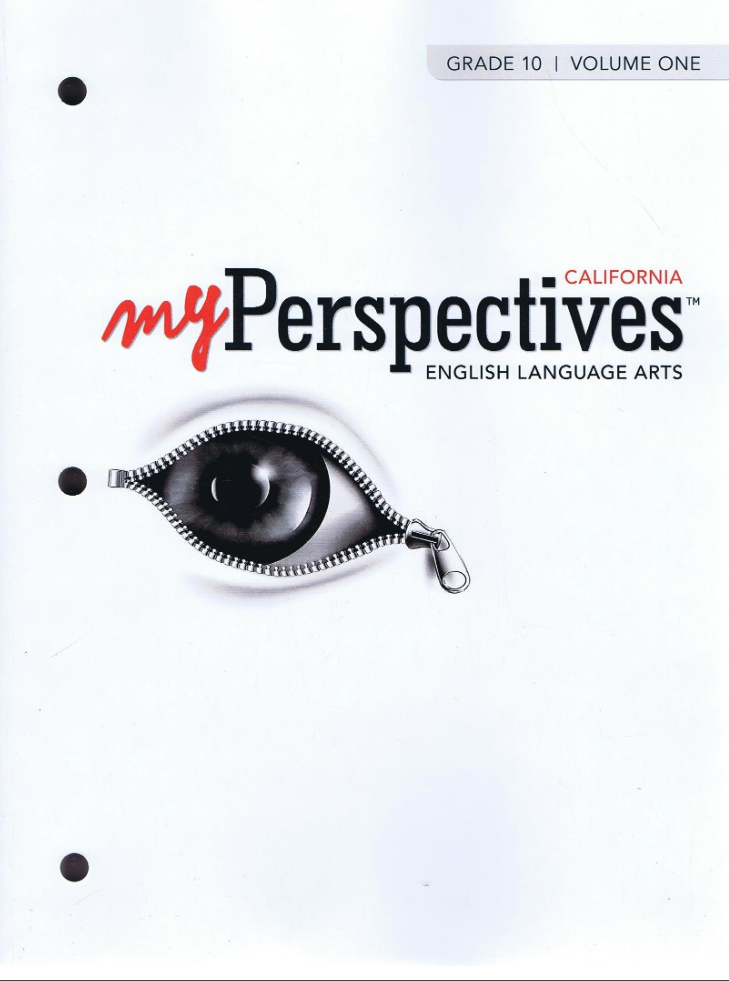
All Solutions
Page 278: Analyze the Text
As President Roosevelt addresses Congress, he emphasizes the severity of the current situation involving Germany’s increasing aggression under Adolf Hitler’s Nazi regime. Since the Constitution was formed in 1789, America was focused on domestic issues. From the period of America’s formation to the current time, only the Civil War in the United States posed a threat to America’s national security. He continues discussing historical precedents over the course of America’s history and underlined how even the first World War did not pose a significant threat to democracy.
When he circles back discussing “…Message to the Congress is unique in our history.” (lines 28-29, p. 272), he informs Congress and the American public about the turmoil Europe is in as a result of Germany moving on the offensive. In order to preserve democracy and ensure that people around the world can enjoy the essential freedoms of speech, worship, economic stability, and freedom from fear.
Roosevelt’s speech intertwined the necessity to abandon isolationism and take action in order to prevent a growing threat on democracy and the essentials freedoms which should be enjoyed by people around the world.
His vibrant examples comparing the historical precedents occurring since America’s formation emphasized how Nazi Germany was a serious threat to democracy and security. Using words such as “unprecedented”, “unique”, and other descriptive vocabulary to emphasize the grave nature of Germany’s aggression in Europe and the world. His description of how the future will be brighter and freer with if America acts accordingly was meant to resonate with the people’s emotions, so that they would understand what America will fight for.
As President Roosevelt addresses Congress, he emphasizes the severity of the current situation involving Germany’s increasing aggression under Adolf Hitler’s Nazi regime. Since the Constitution was formed in 1789, America was focused on domestic issues. From the period of America’s formation to the current time, only the Civil War in the United States posed a threat to America’s national security. He continues discussing historical precedents over the course of America’s history and underlined how even the first World War did not pose a significant threat to democracy.
When he circles back discussing “…Message to the Congress is unique in our history.” (lines 28-29, p. 272), he informs Congress and the American public about the turmoil Europe is in as a result of Germany moving on the offensive. In order to preserve democracy and ensure that people around the world can enjoy the essential freedoms of speech, worship, economic stability, and freedom from fear.
Roosevelt’s speech intertwined the necessity to abandon isolationism and take action in order to prevent a growing threat on democracy and the essentials freedoms which should be enjoyed by people around the world.
Please see solution for Part b.
By sharing examples of Americans fighting to maintain its rights and preserve its ability to engage in peaceful commerce, Roosevelt emphasized why action was necessary in order to prevent threats (such as the German Nazi dictatorship) from taking away the rights afforded by democracy. As he completed his speech discussing how people around the world should be able to enjoy the four essential human freedoms, he noted that these rights were worth fighting for in order to have stable and peaceful future.
“Freedom means the supremacy of human rights everywhere.” (lines 68-69, p. 276)
Just as how America fought to maintain its democracy, any threats to foreign countries by aggressors must be dealt in a similar manner, so that a peaceful and civilized society will be maintained.
Roosevelt’s speech demonstrated that these freedoms were not just for the American people–they are for all people around the world living in democracy. This is why it is important to fight back against any tyrannical forces which threaten freedom and democracy. Power must be used to ensure the stability and peace of every nation. This will allow future generations to enjoy the freedoms which had been fought for by their ancestors.

